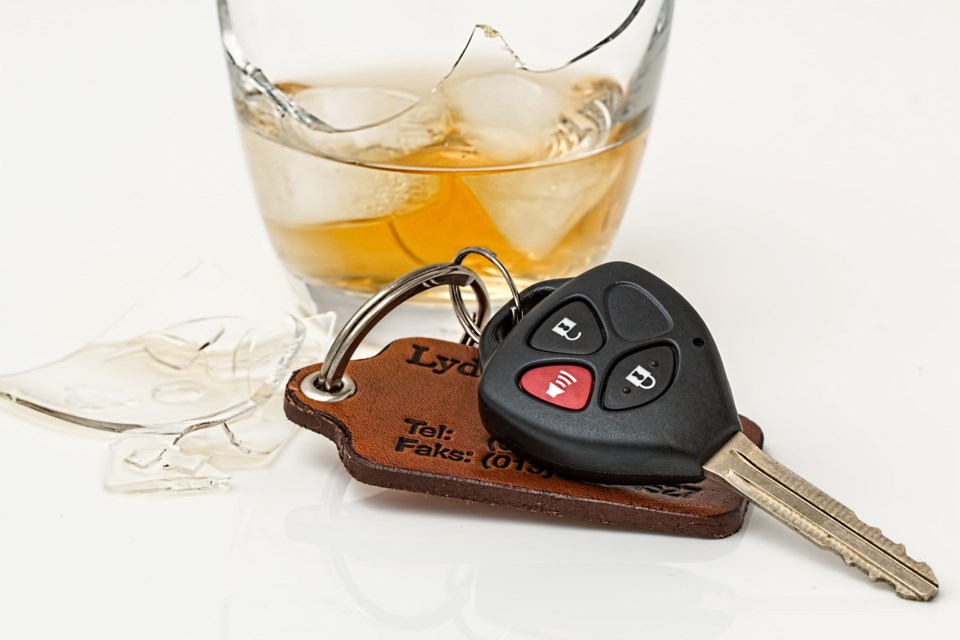The “roadside” driving prohibition, a tool for police to handle cases of impaired driving without going to court, doesn’t literally have to be served at the side of the road, as its name may imply.
A ruling from B.C.’s top court found that a New Westminster police officer was within his rights to serve a 24-hour roadside driving prohibition from the New West Police Department office downtown. The B.C. Appeal Court’s ruling overturns a decision from the B.C. Supreme Court that held the roadside prohibition can only be served at the roadside.
On July 12, 2017, NWPD officers responded to a rear-ender, and the driver in the rear car was believed to be impaired. After the driver, Patrick Evans, told police he was a heroin user and had paraphernalia in his pocket, police told Evans to go to the police station for a drug influence test. After the test, Evans was served a 24-hour roadside driving prohibition.
The law says an officer may serve the prohibition “at any time or place on a highway or industrial road.” Lawyer Kyla Lee successfully challenged Evans’ prohibition in a judicial review by the B.C. Supreme Court, with that court ruling in April 2018 that the wording of the law barred police from serving the prohibition anywhere but the roadside.
Lee, who specializes in impaired driving cases, said she was disappointed to see the original ruling overturned in the Sept. 11 Appeal Court ruling, penned by Justice Elizabeth Bennett.
“I would have liked to not see the judgement overturned, but I can also see the logic behind the Court of Appeal’s reasoning,” Lee said.
The Appeal Court found that allowing police to serve the notice of the prohibition from the police station allows officers’ Motor Vehicle Act and Criminal Code duties “to dovetail, and avoids absurd consequences.”
Where Lee said she sees a silver lining is Bennett’s finding that a notice of prohibition can be served from the police station “as long as there is a sufficiently strong connection to impaired driving on a highway or industrial road.”
That language in the ruling can prevent extending too much power to police in cases of impaired driving, Lee said.
“It’s an important case in the sense that it clarifies what the rights and obligations of police and drivers are in those circumstances,” she added.
Although not as controversial as the more serious roadside prohibitions, which can reach up to 90 days, Lee said she still has concerns about the effects of the 24-hour prohibition.
“A lot of people don’t even see the value in disputing them (24-hour prohibitions), but secretly RoadSafetyBC imposes a lot of consequences,” Lee said.
That includes triggering referrals to responsible driver programs and further driving prohibitions for Class 7 licence-holders.



